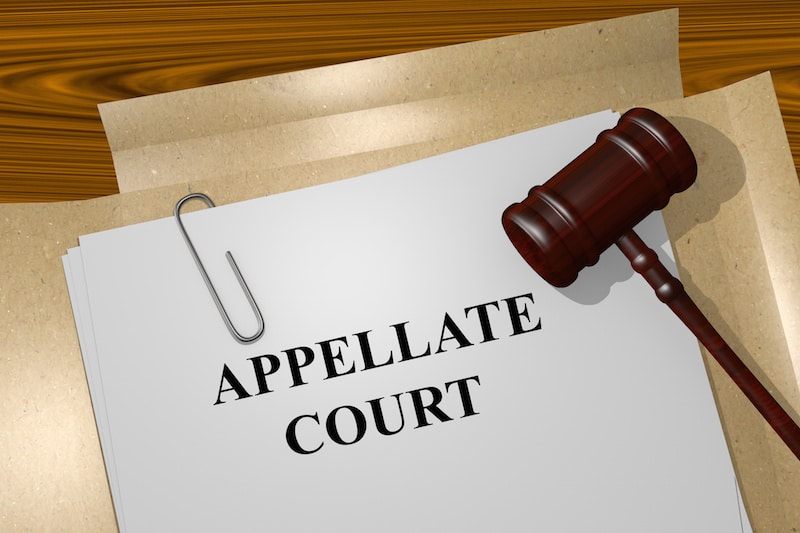Introduction
The criminal justice system in Nepal ensures fairness through several legal safeguards. Among them, the appeal and review process plays a vital role. When a person is convicted or punished by a court, they may not always accept the verdict. In such cases, the law gives them the right to challenge the decision. This is where the appeal and review process comes in. These legal tools help prevent wrongful convictions and protect the rights of the accused.
What is an Appeal?
An appeal is a legal request made to a higher court to examine the decision of a lower court. In criminal cases, if the accused or the government is not satisfied with the judgment, they can file an appeal. The aim of an appeal is to see whether the lower court followed the law properly. It is not a fresh trial, but a legal examination of what has already been decided.
In Nepal, the appeal process begins from the District Court, which is the trial court. If someone is not satisfied with the District Court’s decision, they can appeal to the High Court. After that, if they are still dissatisfied, they may take the case to the Supreme Court. But the Supreme Court only accepts cases that involve legal errors or matters of public importance.
Grounds for Filing an Appeal
People cannot appeal simply because they dislike a judgment. There must be legal grounds. These include errors in applying the law, ignoring key evidence, or violating the rights of the accused. Sometimes, the punishment given may be too harsh or too lenient. In such cases, both the accused and the government have the right to appeal.
Time Limits for Appeal
The law of Nepal has set a time frame for filing appeals. Normally, the appeal must be filed within 35 days of the decision. If this period is missed, the court may reject the appeal unless there is a valid reason for the delay. This time limit helps ensure justice is done quickly.
Review of Court Decisions
Apart from appeals, Nepalese law also allows for a review of court decisions in special cases. A review means the same court that gave the decision looks at the case again. This happens only when new facts appear or when there has been a serious mistake in the judgment. The review process is rare and used only in exceptional situations.
In Nepal, only the Supreme Court can review its own decisions. The party asking for the review must prove that there has been a clear error in the judgment or that some important facts were not considered earlier. A review is not a right like an appeal. The court decides whether the case qualifies for a review.
Role of the Supreme Court
The Supreme Court of Nepal has the final say in all legal matters. It ensures that lower courts follow the law correctly. In appeal and review cases, the Supreme Court sets legal standards and interprets constitutional rights. This helps develop a uniform legal system across the country. Many important human rights decisions in Nepal have come through this process.
Importance of Appeal and Review in Criminal Law
The appeal and review system helps build public trust in the legal system. It acts as a safety net for those wrongly punished. It also ensures that courts do not misuse their power. In a country like Nepal, where social and economic inequalities exist, this system gives a voice to the poor and powerless. It makes sure that justice is not only done but seen to be done.
Challenges in the System
Despite its importance, the appeal and review process in Nepal faces many challenges. Courts are often overloaded with cases. Poor people may lack legal knowledge or money to hire good lawyers. Delays in delivering judgments also reduce the value of the process. The government must work to make legal aid more accessible and ensure that cases move faster through the system.
Conclusion
The right to appeal and seek a review is an important part of criminal justice in Nepal. It protects individuals from unfair punishment and strengthens the rule of law. But for this system to work well, legal awareness, timely action, and support from the state are necessary. If the appeal and review process becomes more effective, it will lead to a more just and fair society.




